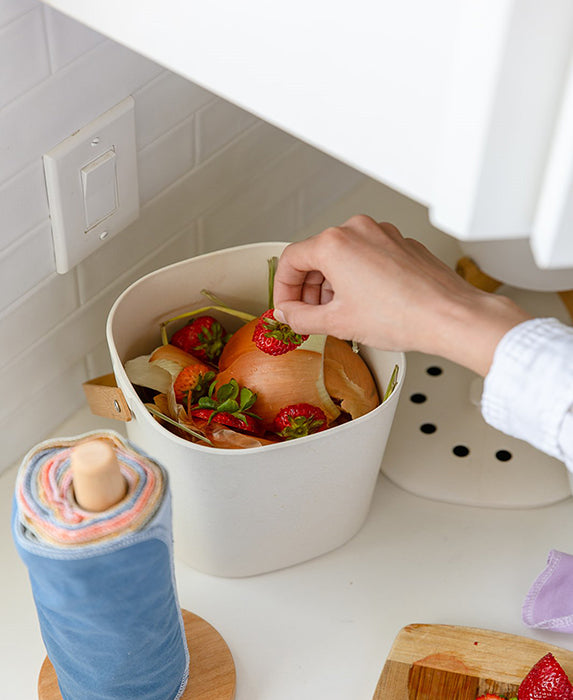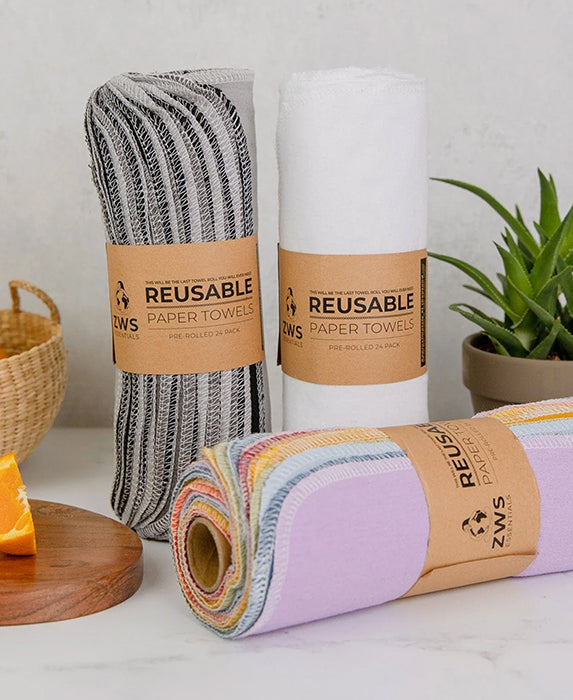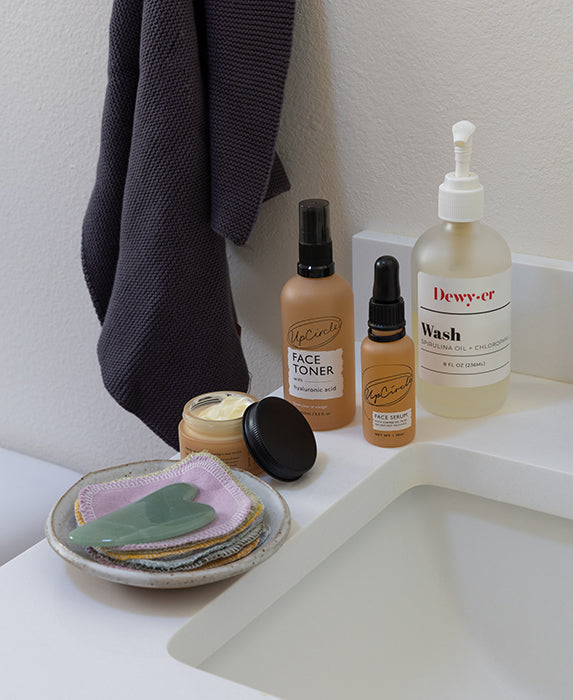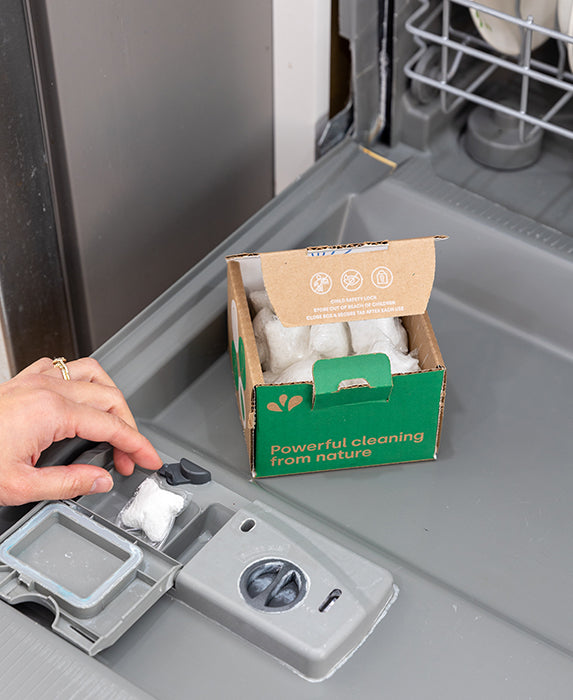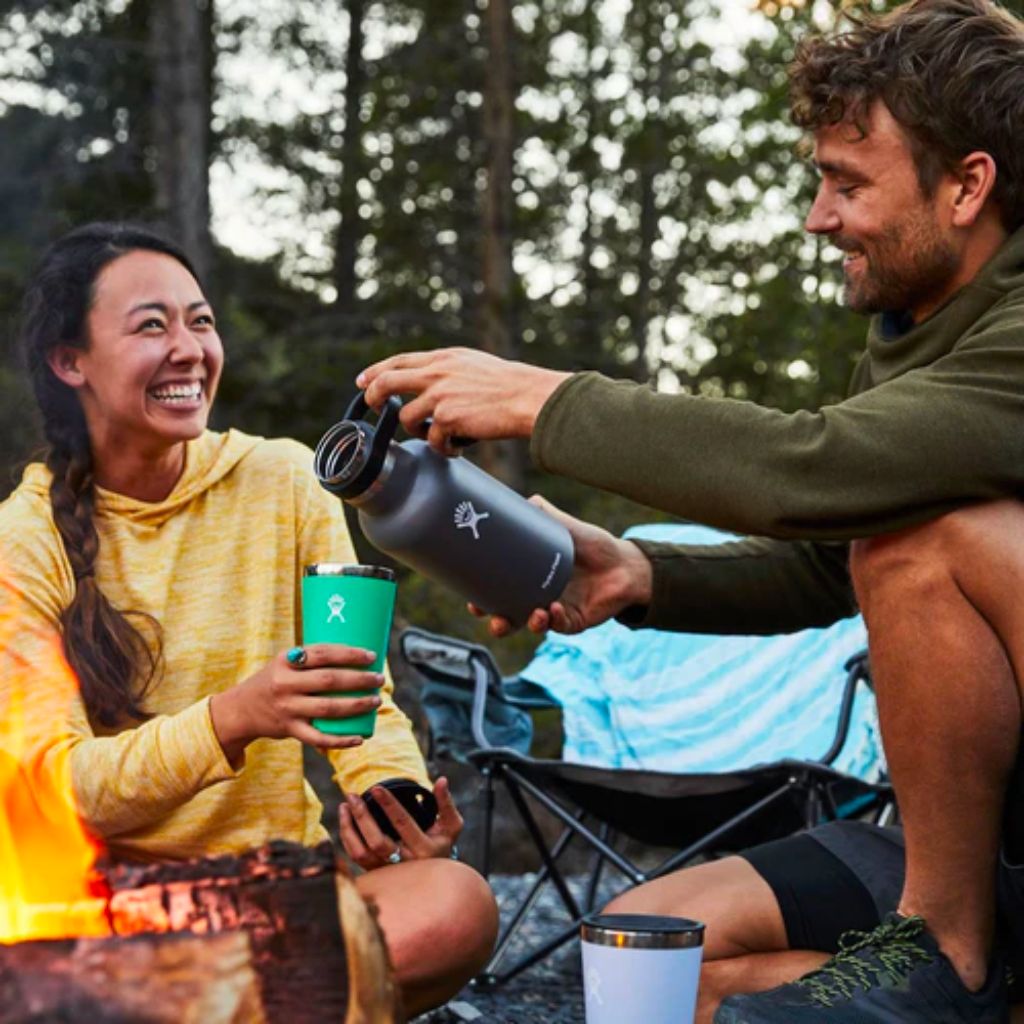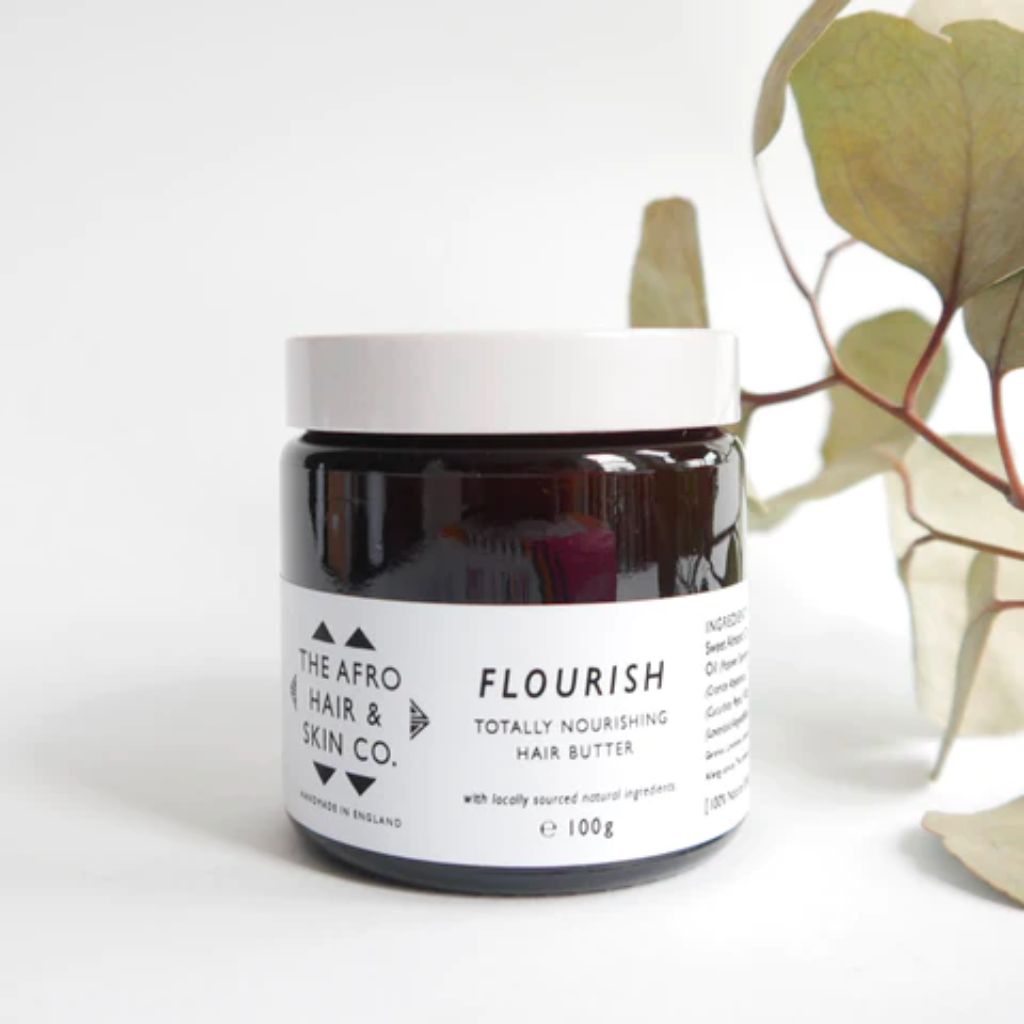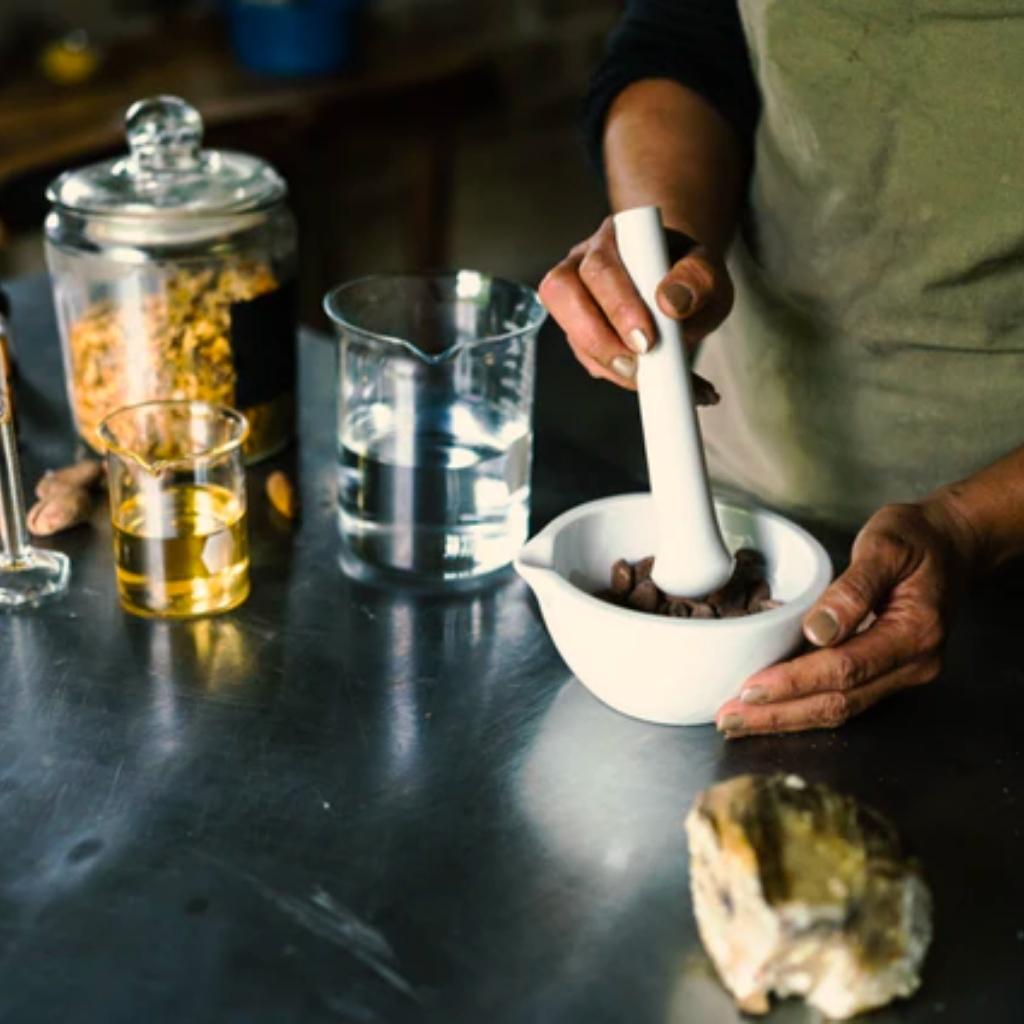This is a guest blog written by an EarthHero Campus Student Ambassador.
Hello fellow Earth Heroes! Our names are Emma and Aylha and we are College Campus ambassadors for EarthHero at Seattle Pacific University and University of North Carolina at Charlotte. Like many others, we have been taking a look at our habits to try to become more sustainable. In doing so, we changed many of our daily products and routines to fit a more low-waste lifestyle! As we became more and more interested in the subject and wanted to look beyond our consumption, we noticed there were some major differences in sustainability resources depending on where you live.
Aylha’s experience: Through watching earth-friendly influencers, and experiencing both living in rural and urban areas I have noticed that many areas are still underdeveloped when it comes to environmentally conscious alternatives and systems. When compared to progressive major cities like Los Angeles, Charlotte and its suburbs fail to provide easily accessible composting or more specific types of recycling such as glass or thin plastic. I know many others have experienced difficulty surrounding this issue and wish they could do more.
Emma’s experience: When moving to Seattle around three years ago, I was shocked at how easy the local community and city government has made it be more sustainable. City-wide compost pickup is available across the metro area as well as pickup for recycling and yard waste. Coming from the South, it was super encouraging to see these kinds of initiatives. Many coffee shops here will give you discounts for bringing your own cup and grocery stores don’t turn their heads when you come in with your forty-seven reusable bags to hit up the bulk aisle. While Seattle has done a lot, there is still work to be done. If you find yourself struggling with how to approach your local government about sustainable options, check out places that are doing it well to replicate their policies.

Communicating to your local government (even on a municipal or county level) about your grievances is great in these situations because it lets them know that there is interest in improving sustainability systems in the community. Voicing your concerns is important to enact change in the system – which can have a much bigger impact than individuals’ choices. Aside from this, there are ways to mitigate these problems in your everyday life! Let’s dive into some of my favorite products and resources that can help anyone on this journey – no matter their location!
Reduce and Reuse
Much of what we buy is wasted in some way so to reduce your waste, first take a look at your shopping habits. Whether it’s food or clothing, evaluate ways to buy less or buy second-hand. This approach is accessible to everyone and is very important to leading a low-waste lifestyle.
- To reduce food waste, plan out your meals and don’t let food spoil. You can also use the ends of vegetables to make vegetable broth when you’re done.
- A tip from Emma: I keep a bag of veggie scraps in a bag in my freezer and once it gets full, I throw them in my pressure cooker with some peppercorn and bay leaves, cover them with water, and cook them for thirty minutes to create homemade veggie stock!
- For clothes, home decor, and other goods see if you can find them second-hand either through thrift stores and online marketplaces, like Poshmark or Thread Up, or even your friends and family.
- Facebook Marketplace is a godsend for all things affordable and second-hand. I have found so many items from high speed blenders to brooms to new mattresses, all for a fraction of the retail cost and with the added bonus of never buying new, thus creating less waste!
- Borrow and share with neighbors and your community if possible. There are groups specially for buying, selling, or trading within your city and if there’s not one for your area yet, create one! Creating relationships with those around you through sharing will not only reduce consumption but also help you connect with your community more than ever.
Composting
One major action to consider is composting! Composting helps organic materials degrade naturally – rather than be trapped in a landfill, where in many cases it is kept from returning nutrients to the ecosystem. The first resource to look into (if personal composting is not an option) is street-pick up or drop-off composting start-ups in your area. Here are just a few that are easily accessible in many areas:
- ShareWaste: is an online program where you can find organizations, gardens, and farms in which you can drop off compost to give your waste another life! This program services the USA, but also locations all over the world – with an easily-viewable map of each location.
- CompostNow: serves areas all around North Carolina and are planning to expand even further
- Find a Composter: can help you find a composting facility near your city!
- Compost Bins: invest in a kitchen compost bin – perfect for storing and transporting your compost to either your personal garden compost or a community compost area!
If you don’t have access to anything like these or want to commit to composting yourself, you can buy a backyard composter for around $100 at any home improvement store.
Recycling
Every city has different recycling programs – and all have a variety of rules and regulations for your recyclable items. Want to know how Boulder, Colorado recycling system works? Check our Rethinking Recycling blog here! Generally speaking, there are usually items, like sticky notes or single-use coffee cups, that can never be recycled curbside. Check out 7 Surprising Things You Can’t Recycle here! Below are some of my favorite tips for navigating the world of recycling.
- Check the recycling specifications in your area! You may be surprised as to what can or cannot be recycled. Universally, recycling needs to be clean and the different materials separated to ensure it actually can be recycled. If they aren’t disposed of properly, they will end up in the landfill. Small plastics such as bottle caps and chapstick containers are often an issue for recycling centers as they can jam machines. For items like these check if there is a take-back program. Companies like Burt’s Bees offer the option to mail back the container and they will recycle it for you!
- Grocery stores + recycling facilities: If your city curbside collection does not accept glass, take your glass and your thin plastic (think shopping bags, etc!) to local grocery stores or specialty recycling facilities. You can also opt for TerraCycle boxes for more hard to recycle items! Some grocery stores with recycling bins at the front for customers include: Target, Walmart, Harris Teeter, and BestBuy (for electronics only!)
- Another option for small and thin plastics is to create bottle bricks. Just fill up an empty plastic bottle with the small plastics and it will create a ‘brick’ that can be used for all sorts of projects! Many zero-waste shops and community centers use these bottles to create art pieces or even benches.
Grocery Shopping
If there is not a fully bulk grocery or zero waste food store near you, bring your own reusable bags for packageless produce, dried beans, and nuts in stores that have bulk sections! Some even have bulk spices! A few of our favorites are Kroger stores, Whole Foods, and Sprouts. Bring some thin bags like these for bulk items that are easy to tare!
- Shop for ethical and fair trade brands. Specifically with products like coffee and chocolate fairtrade and ethical certifications are important to keep brands responsible and to support the brands that fall within your morals. Some certifications to look out for include:
- Cradle to cradle: a certification that studies the circular life cycle of a product and how the product will end up re-entering the environment
- Green seal: a non-profit organization that certifies overall safety and sustainability of the product
- Watewise: created by the EPA this certifies that the company is responsible for their waste and how it is disposed of
- Cruelty Free: Insures that the product does not harm or kill animals and is usually signified with a leaping bunny
- USDA Organic: certifies that the produce was made with non-GMO materials without pesticide and other harmful chemicals
- Support local businesses by shopping at farmers markets and local farms! This not only reduces your carbon footprint but also helps individuals and families that need it rather than large industries. Some farmer’s markets only run certain seasons out of the year but here in Seattle, the University District Farmers Market is open year round!
Overall, the best way to find local resources is to research your area, do what you are able to do locally and personally, then search for additional resources in online stores like EarthHero and programs like ShareWaste! If you are interested in any of these products from EarthHero be sure to use my link https://earthhero.com/?ref=aylhapferschy and use code EHAmbassador for 10% off!
If you’re a college student who’s passionate about sustainability and you’re interested in joining EarthHero’s Campus Student Ambassador Program, apply here!

